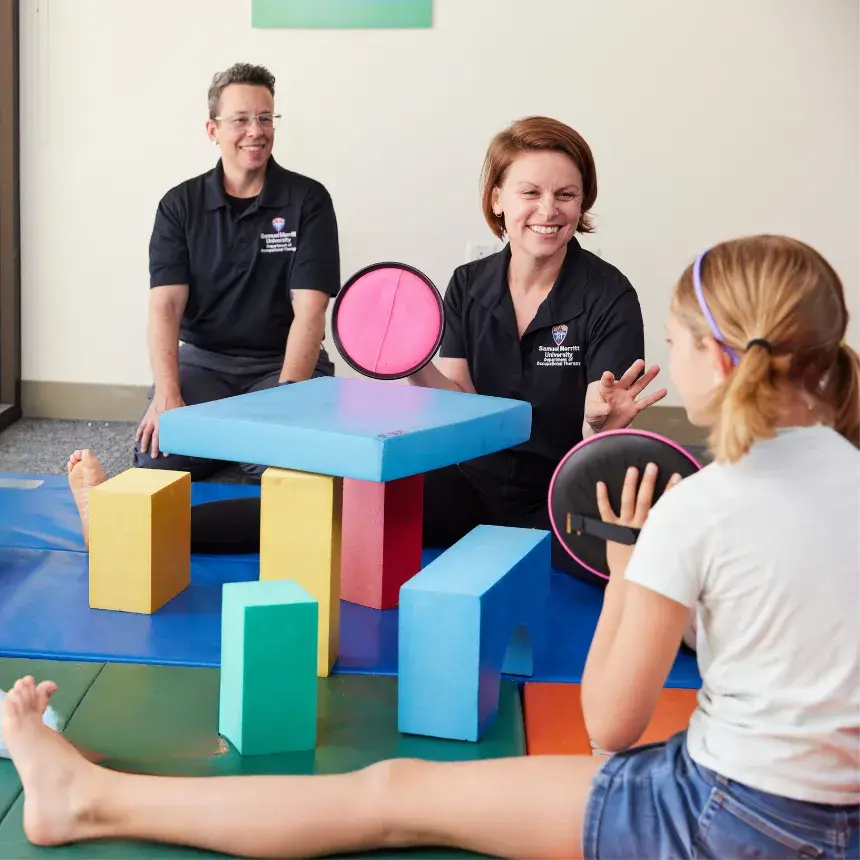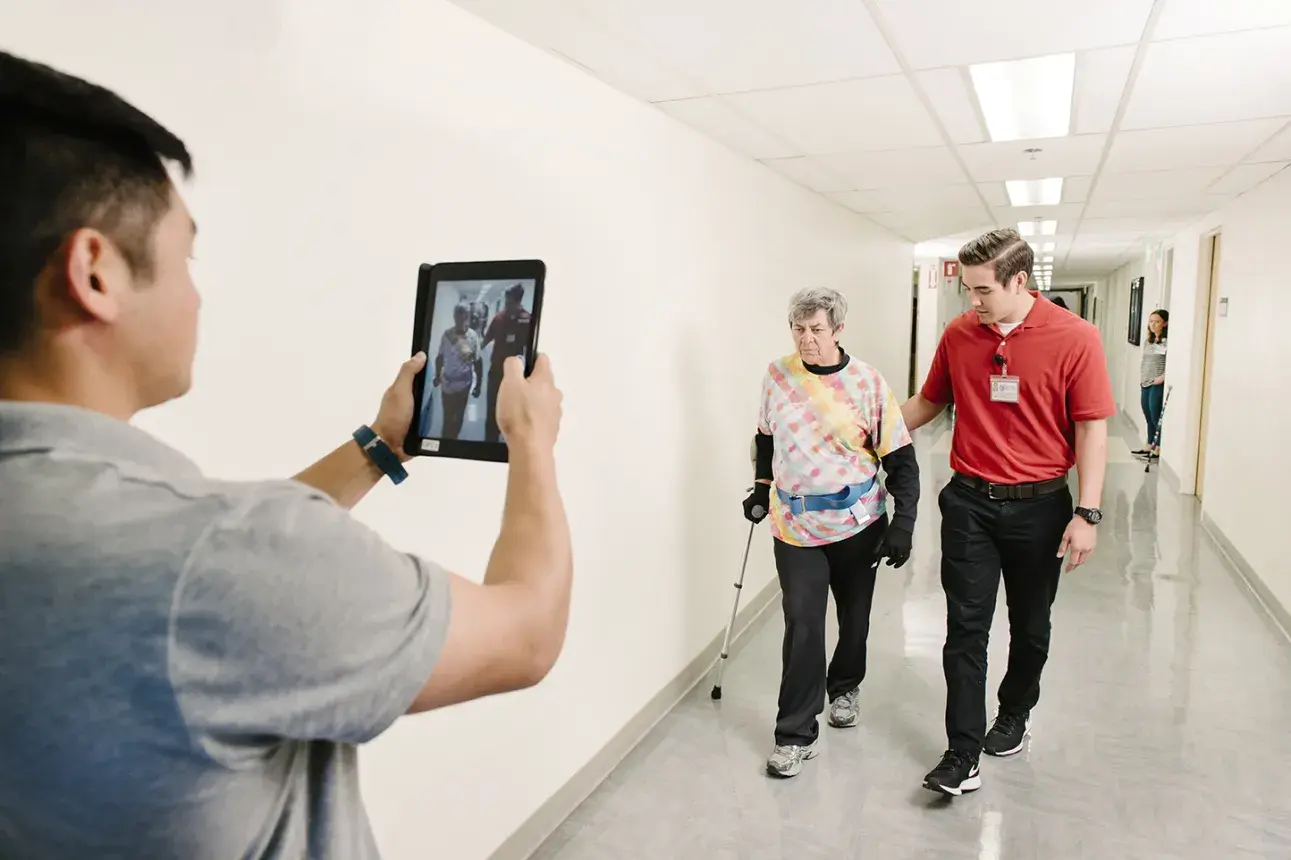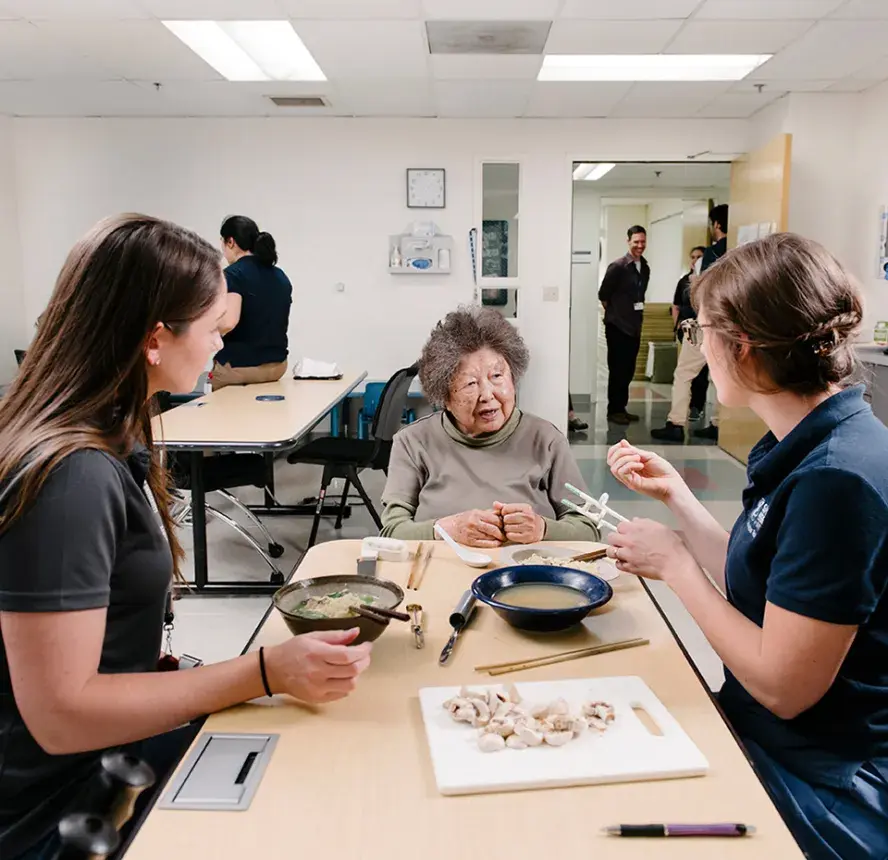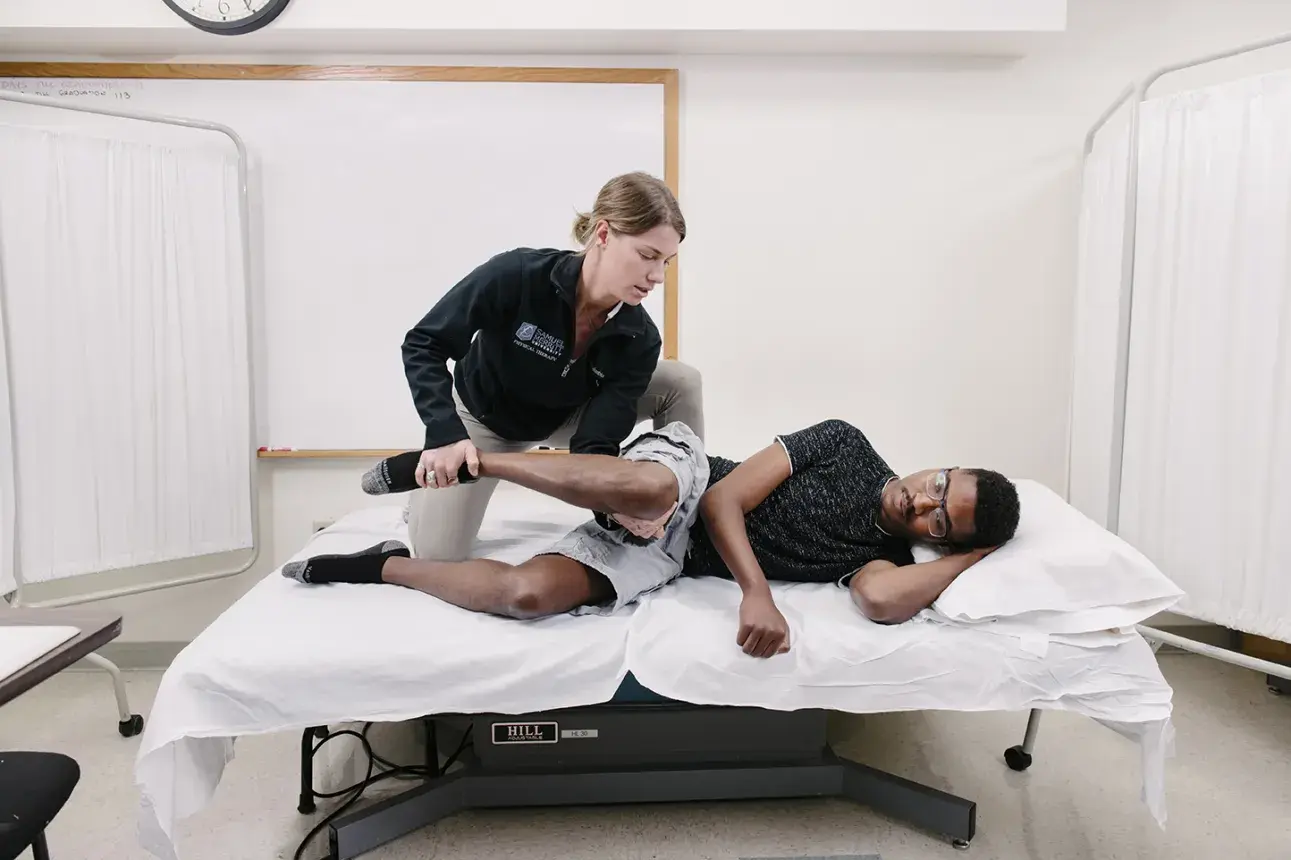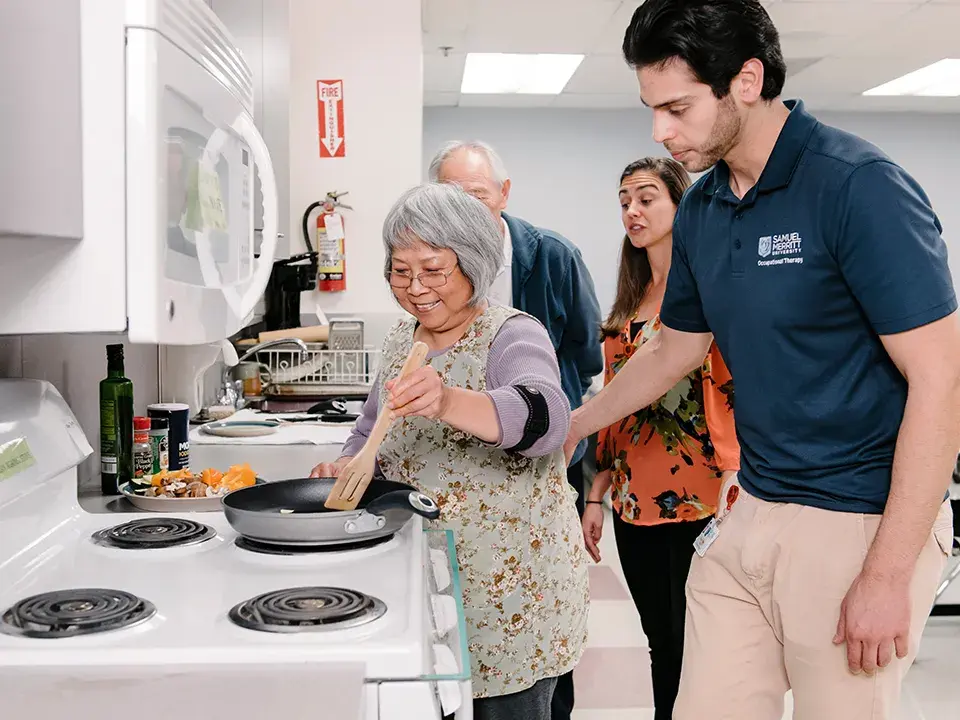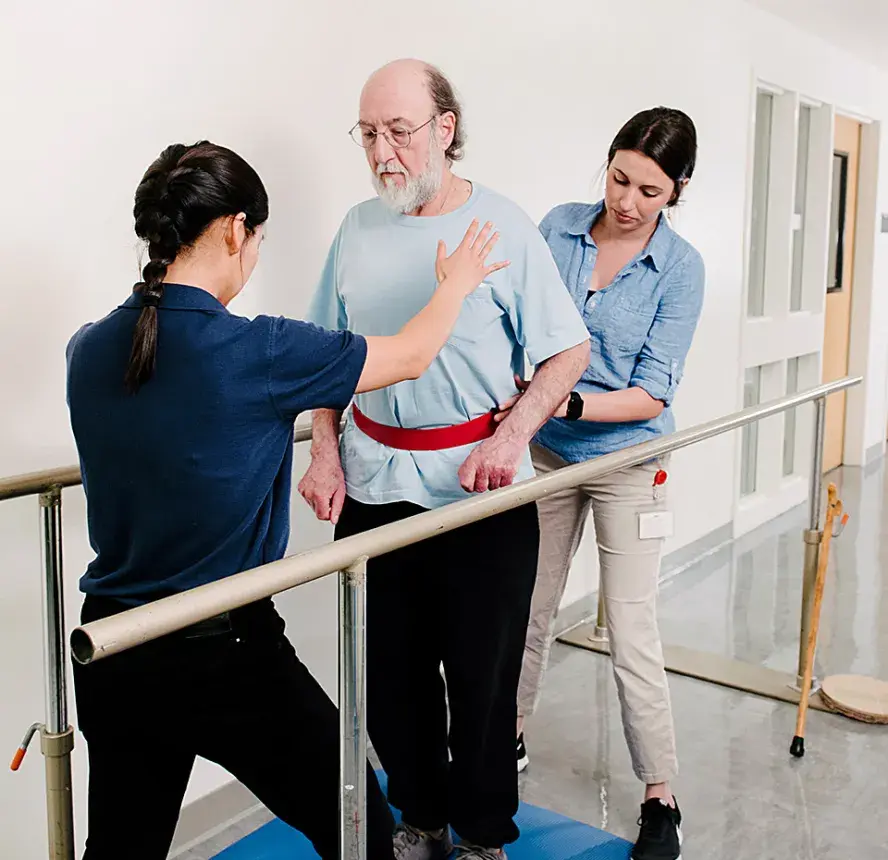What is the Occupational Therapy Pediatric Community Participant Lab?
A free occupational therapy service for children ages 6 months to 16 years who have difficulty participating in typical childhood activities due to medical conditions, developmental challenges, or injury.
Our OT student-run lab helps children in the community build skills to enhance their participation in self-care, play, and school activities. Students from Samuel Merritt University’s Occupational Therapy program provide these services under the supervision of licensed OT faculty.
About the Pediatric Occupational Therapy Community Participant Lab
Coming in January 2027.
The program consists of eight sessions, with a combination of evaluation, treatment, and a home program to help support continued progress outside of therapy.
Each 45-minute session is individualized and designed to improve key areas of functioning, such as:
Self-care skills (e.g., brushing teeth, dressing, self-feeding)
Visual-motor and visual perceptual skills (e.g., eye-hand coordination, handwriting)
Fine motor skills (e.g., using hands to manipulate toys, tools, or materials)
Functional gross motor skills for play (e.g., movement through space, coordination)
Social skills (e.g., turn-taking, communication, play skills)
Attention and self-regulation (e.g., controlling energy levels, focusing on tasks)
Environmental modifications to support participation in daily activities
Please note: Due to the educational nature of our program, we are not able to serve children with complex behavioral challenges, advanced sensory processing needs, or swallowing/feeding disorders. These areas are considered advanced practice and should be addressed by licensed occupational therapists with specialized training. Children who would benefit from skill-building in the areas listed above are best suited for this program.
Who's Eligible for Occupational Therapy Pediatric Lab Services?
Families with a child (ages 6 months–16 years) who has developmental needs in one or more of the areas listed above
Families who can commit to consistent weekly attendance
Families who understand that enrollment is based on a first-come, first-served basis and aligned with student learning needs
How to Apply
Enrollment for 2027 will open in Fall of 2026:
English Version
Spanish Version
Submitting Your Form
Forms must be submitted by the child’s parent or legal guardian. These forms may contain protected health information (PHI) under HIPAA regulations.
While we allow families to email forms for convenience, please note that email is not a HIPAA-compliant method. You may choose one of the following submission options:
Email:dembrey@samuelmerritt.edu
Phone: 510-701-5990
Mail:
Samuel Merritt University
Occupational Therapy Department
525 12th Street
Oakland, CA 94607
